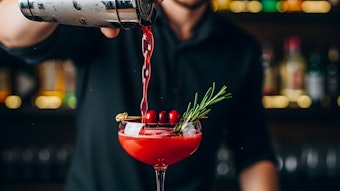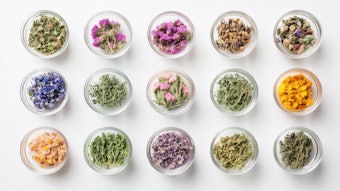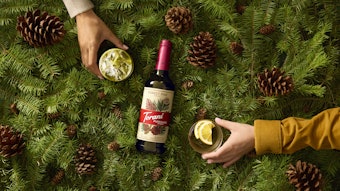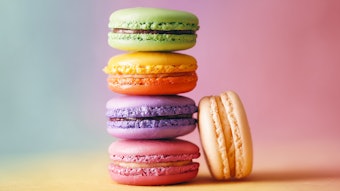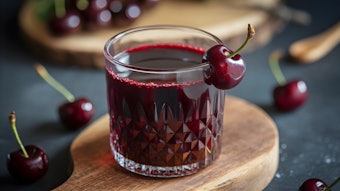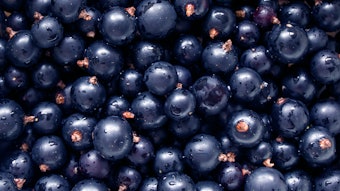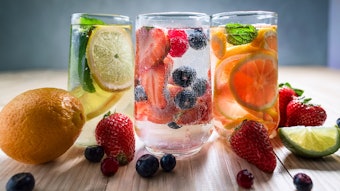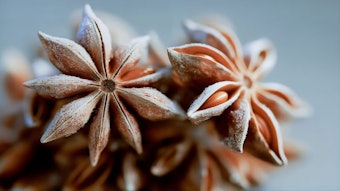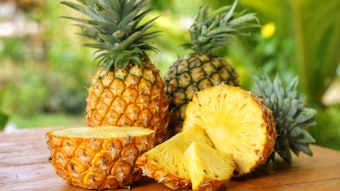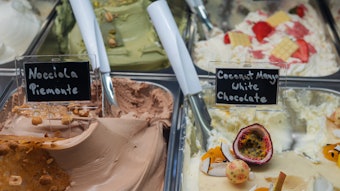
The top of the year means the resurgence of "Dry January," a term that refers to using January as a month in which one refrains from drinking any alcohol as a personal challenge. In a recent article by Mintel associate director of Food & Drink, Caleb Bryant, "Alcohol Alternatives Aren't Just for Dry January," the author discusses the rising trend in low-to-no-alcohol products and consumer preferences while reevaluating their relationship with alcohol. The reasoning? Bryant's research attributes the rise in healthier lifestyle choices.
According to Mintel, consumers don’t want to abandon alcohol, they want to drink less and drink better—whether that be better quality or better for you.
Focus on Health
According to the report, nearly four in ten U.S. consumers report closely or occasionally following the sober curious lifestyle, with adherence concentrated among young, urban, high-income consumers. "These consumers are willing to pay a premium for unique, innovative beverages that allow them to achieve their personal health and wellness goals," Bryant writes.
- This desire for health and wellness anchors the sober curious movement; 71% of sober curious consumers worry about the long-term health effects of alcohol consumption compared to 57% of total consumers.
- Similarly, 39% of consumers follow or would try following the sober curious lifestyle for physical health reasons, and 29% for mental health reasons.
- Better-for-you claims are also vital within the AA category; A third of consumers cite “low calorie” and “low sugar” as important when choosing an AA.
Trending Alternatives
While consumers are looking to switch up their drinking habits, they refuse to compromise taste. Bryant writes, "unique flavor profiles enhance the AA beverage experience beyond what’s typically available at the average grocery store. Bitter, spicy, and herbal flavors are more popular among sober curious consumers and may be perceived as fitting for special occasions, as these options mimic the taste experience of familiar alcoholic drinks and cocktails."
Future of Formulating
According to Mintel research, sales of value-tier alcoholic beverages have declined for years whereas high-end/super-premium brands have enjoyed consistent YOY growth. Bryant closes the article with this piece of advice, "Alcoholic beverage companies must therefore prioritize the development of high-quality, healthier alcoholic drinks in response to consumers’ evolving preferences."

